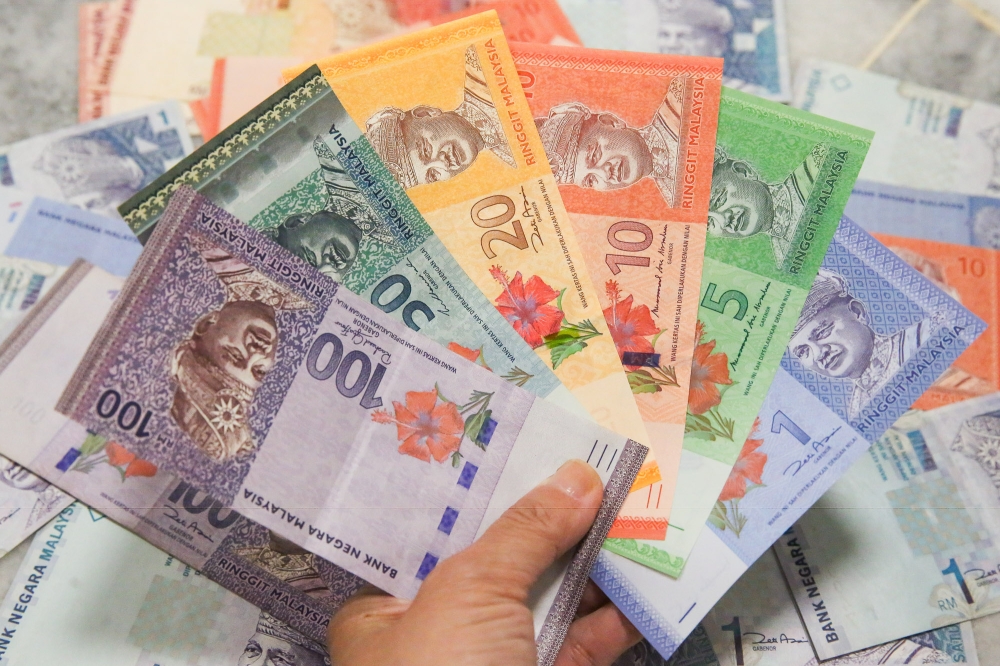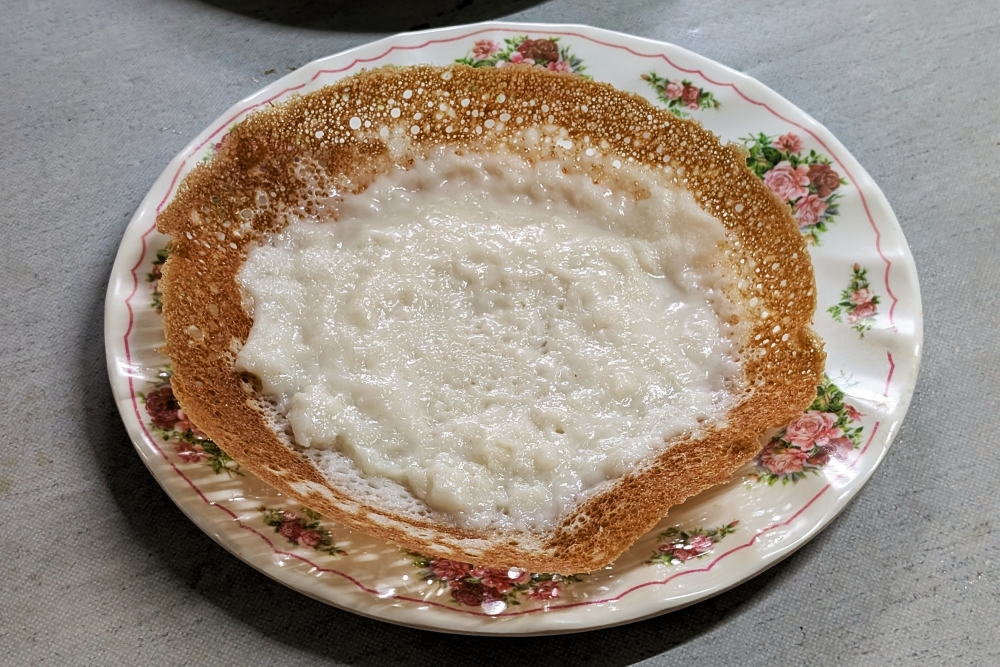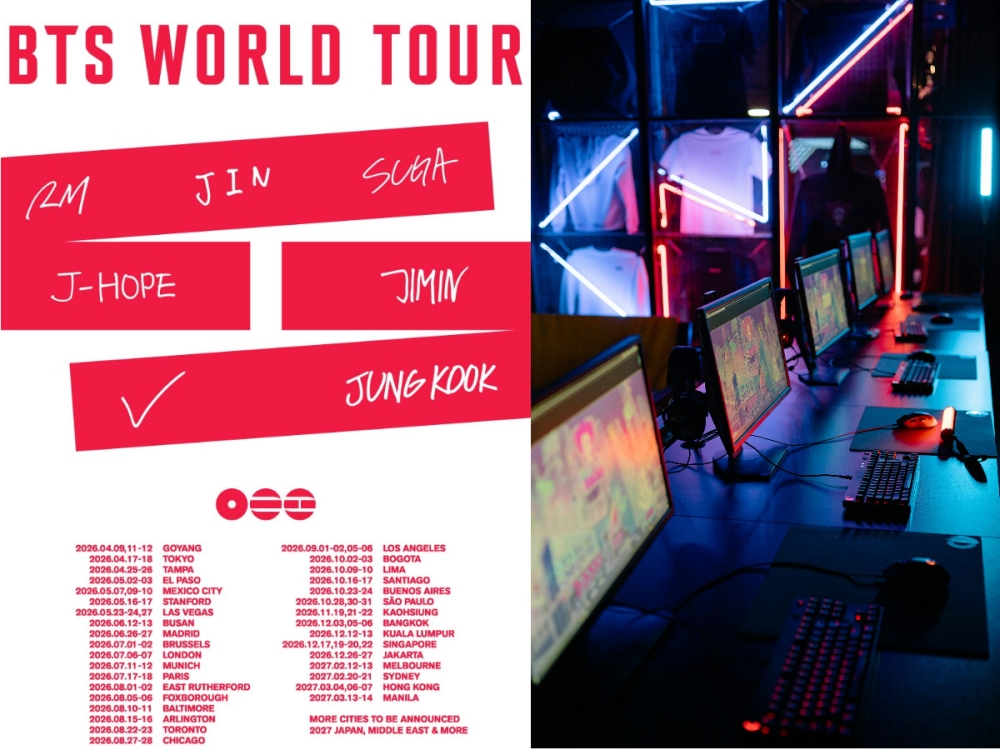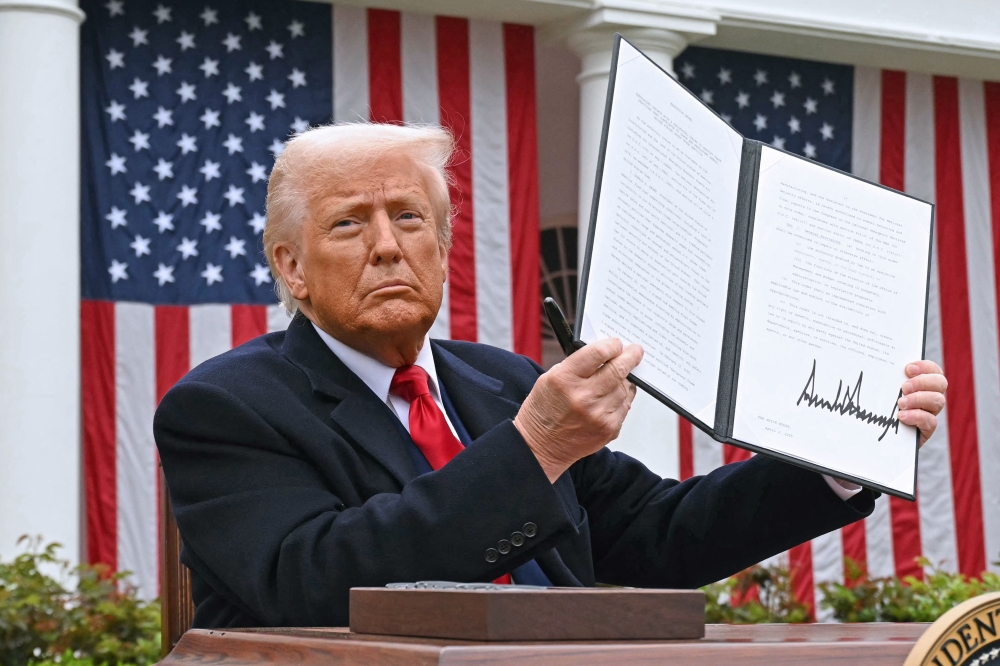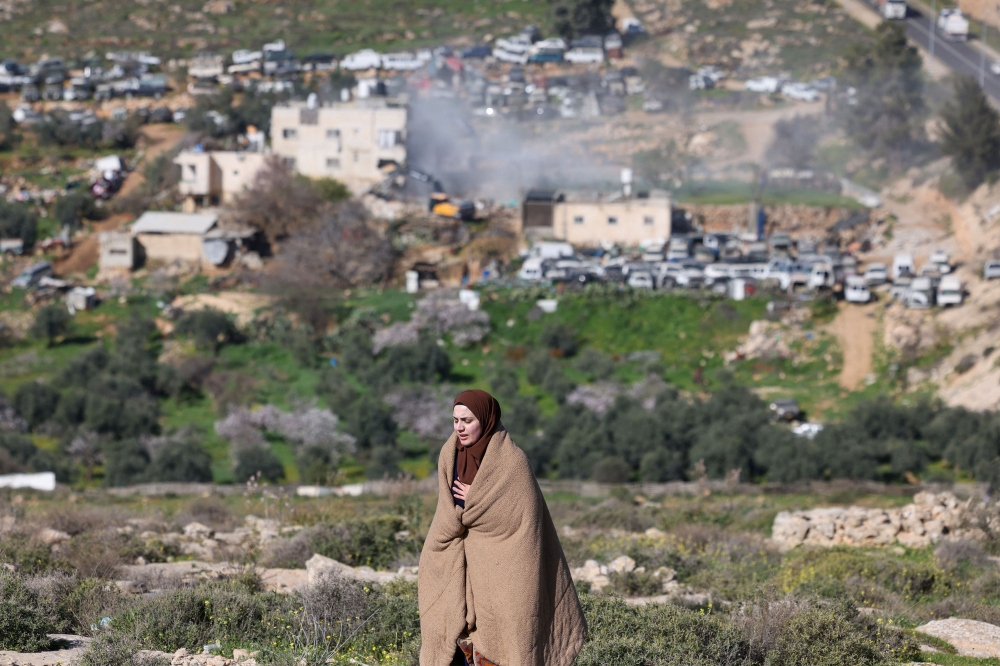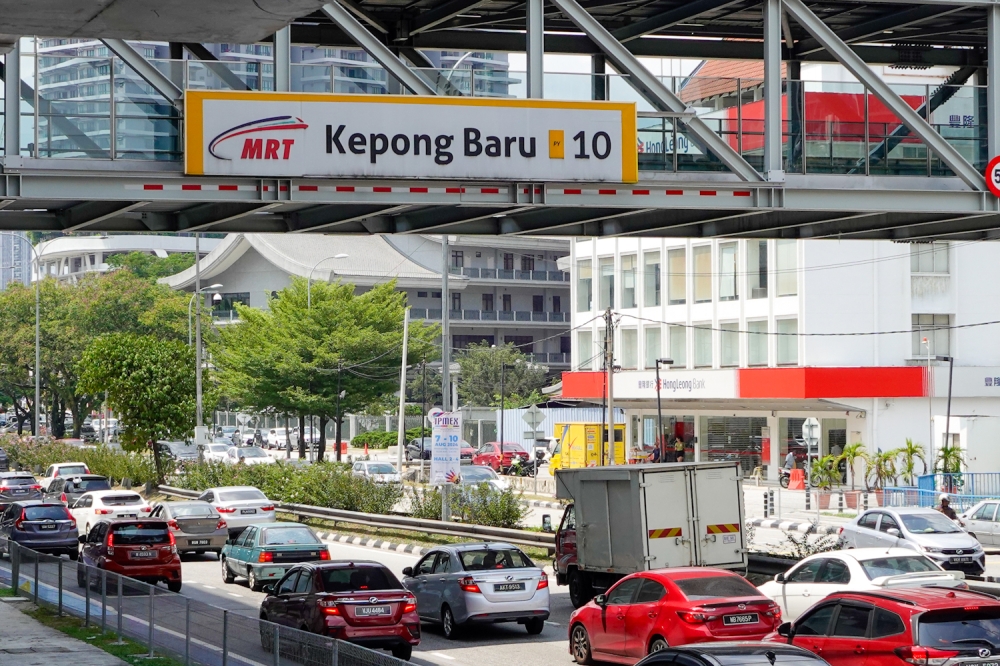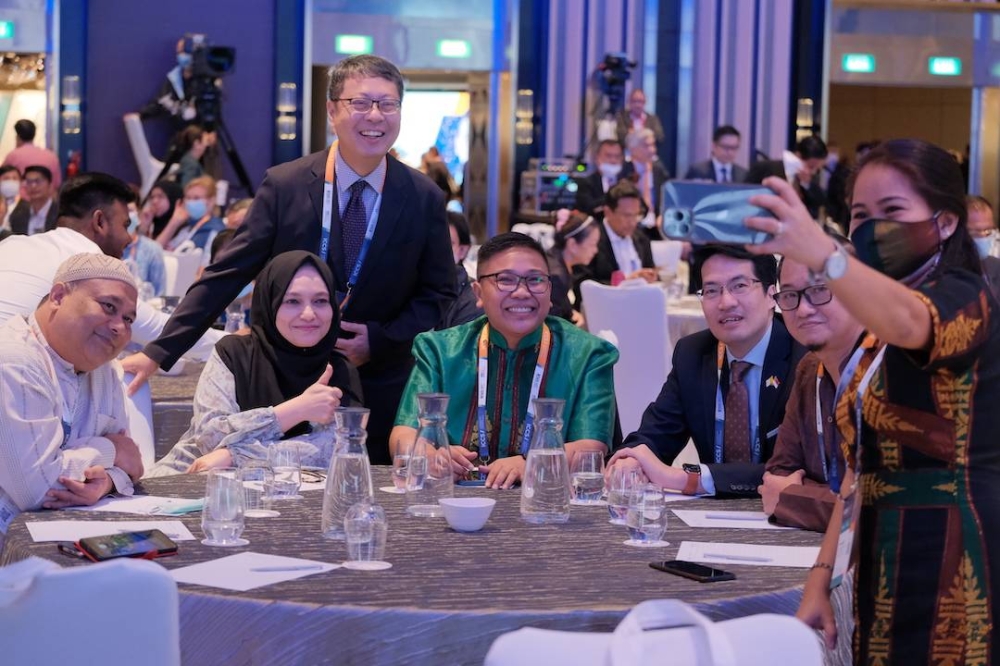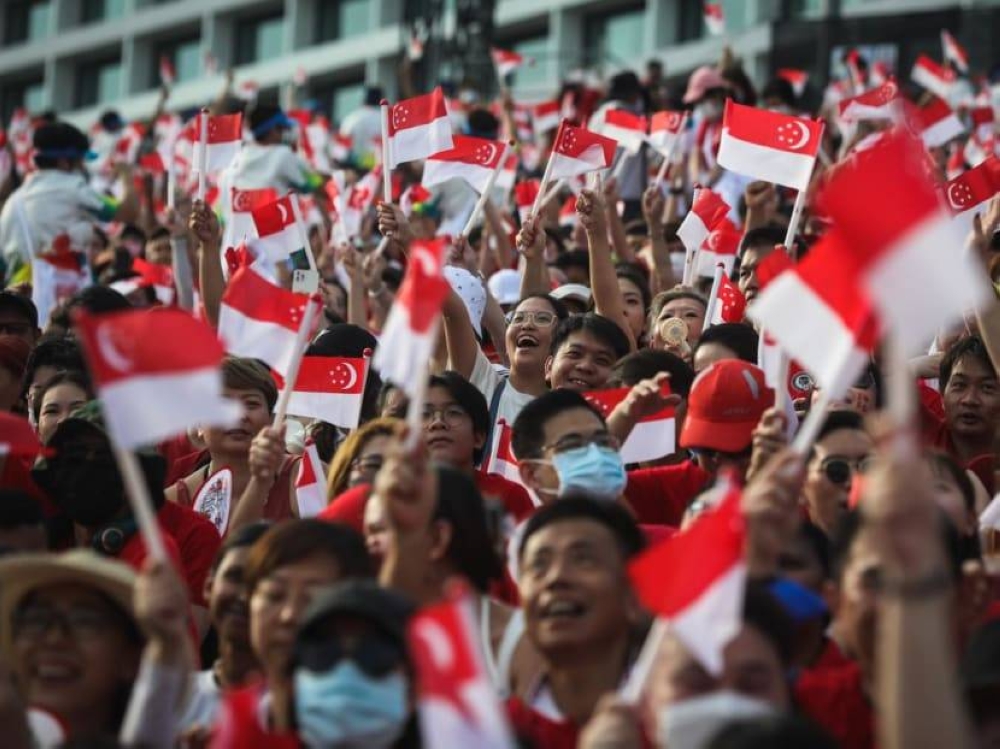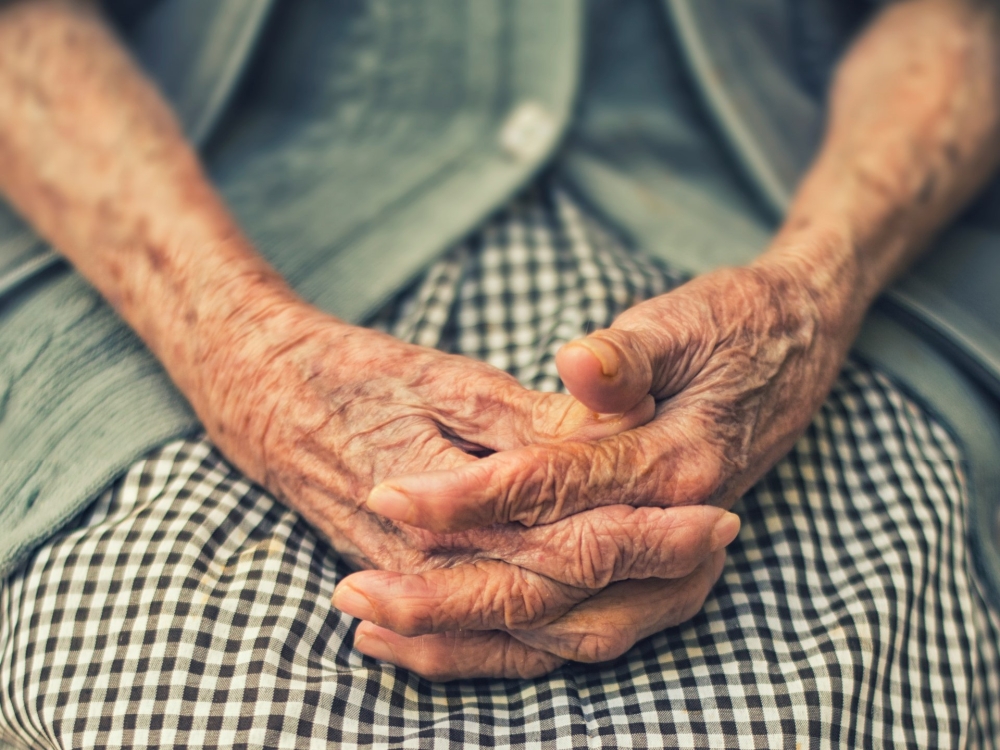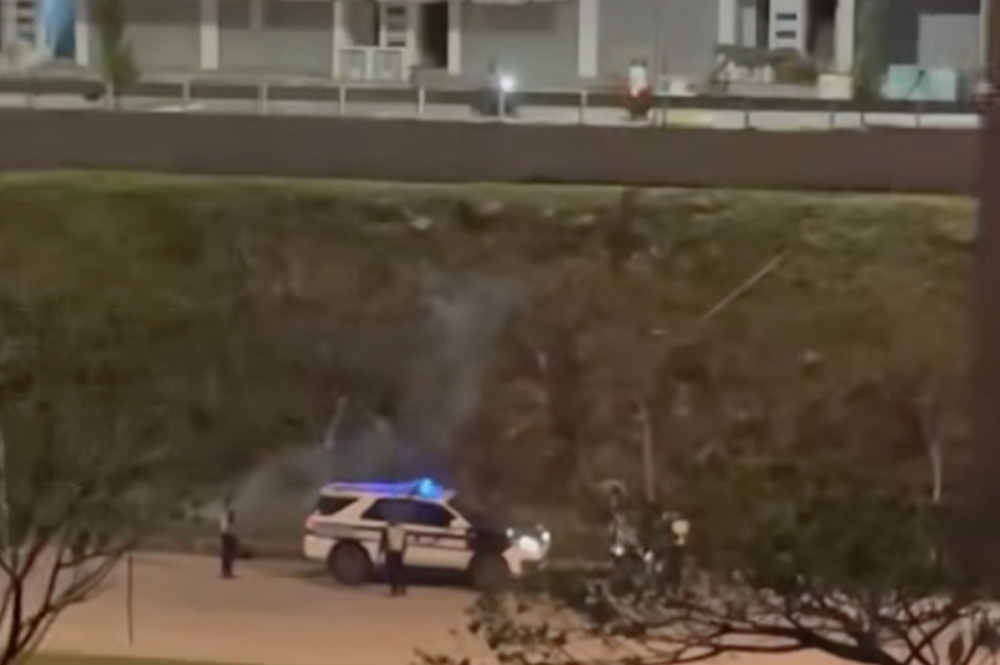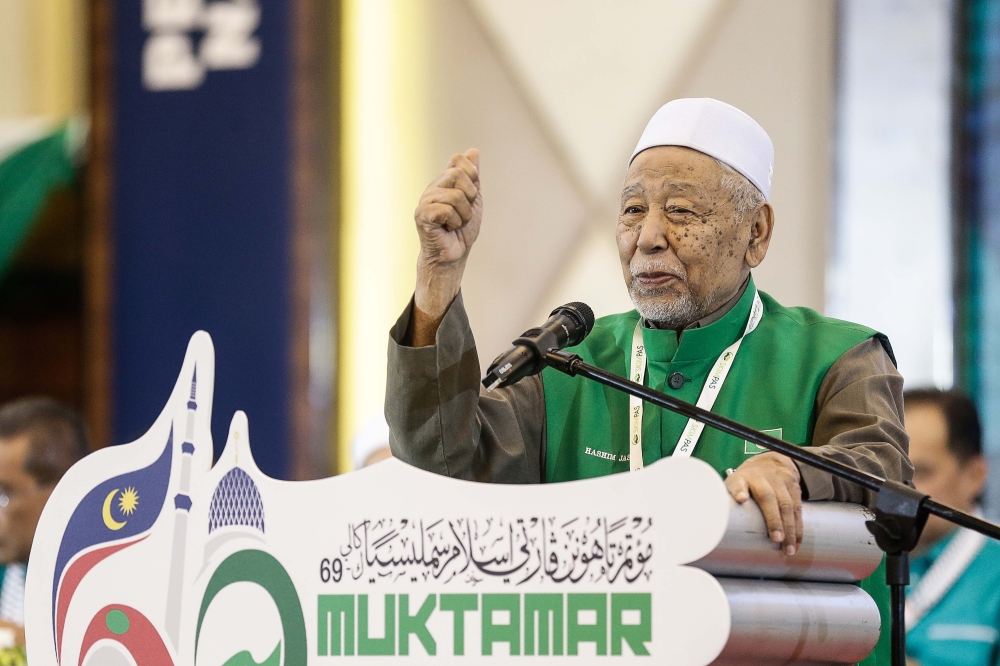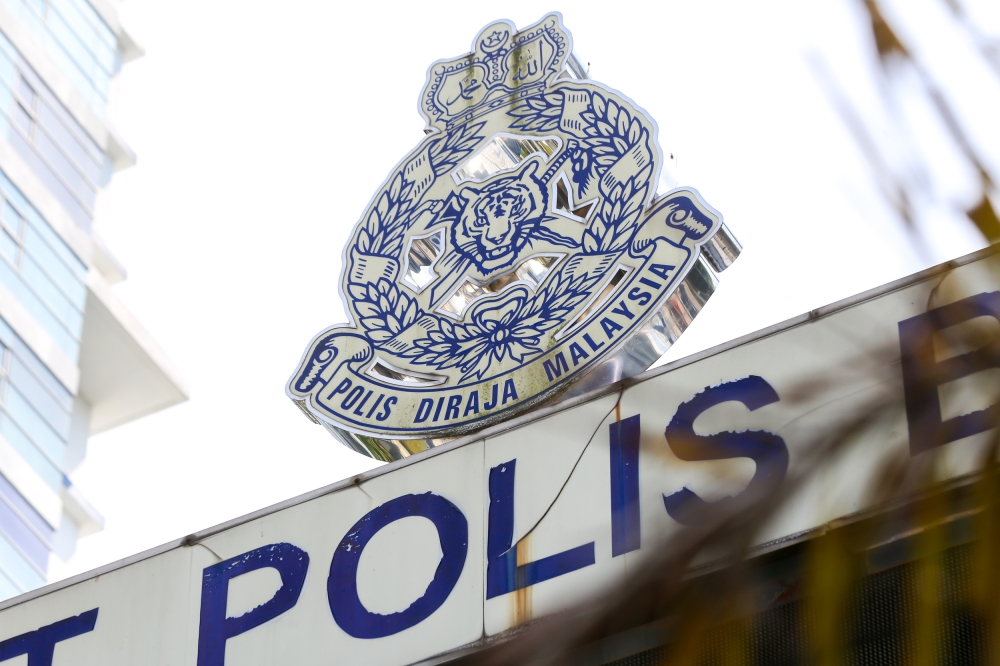SINGAPORE, Sept 6 — Over 800 delegates from more than 40 countries converged at the Raffles City Convention Centre here for the second ever International Conference on Cohesive Societies (ICCS) that will run until Thursday.
First mooted by Singapore President Halimah Yacob, this edition of ICCS aims to examine the role of identities in shaping how individuals connect with their communities, following the rise of identity politics and social polarisation exacerbated by Covid-19.
“We face common challenges globally as we emerge from the pandemic. We must continue to create and build safe and open platforms to discuss sensitive issues and work together to strengthen unity and resilience in our societies,” Halimah said during her opening address.
“This is a time to come together as a family, to recognise the beauty in our diversity and use that to our advantage in tackling greater challenges to come, so that we can build brighter and more cohesive societies for all.”
The event was also graced by Cardinal Pietro Parolin, the Secretary of State for the Holy See, who cited the different faith traditions of Catholicism, Islam, Judaism, Buddhism and Hinduism to urge participants to be promoters of solidarity.
“To construct fair and cohesive societies, the commitment of all parties is necessary,” said Parolin over a video call.
“It is the responsibility of the Church and all religious groups, in particular, to forge friendships that transcend natural affinities, thus contributing to the civic and moral sense of a community.”
The event today was started by a session of presentations on social cohesion moderated by renowned historian Prof Farish Ahmad-Noor of the University of Malaya.
Together with Singapore Management University’s Prof Lily Kong and Georgetown University’s Prof Katherine Marshall, the panel among others discussed on the paradoxes of thinking individually as opposed to being part of a collective society — particularly in facing the pandemic.
“I would argue that for a society to be creative ... the ‘we’ is quite important,” Kong said.
“So, if we are thinking about developing a sense of identity for a country, and people, which I think that precious few places would argue against, then it is as important to cultivate the ‘me’ as well as the ‘we’ to achieve that end.”
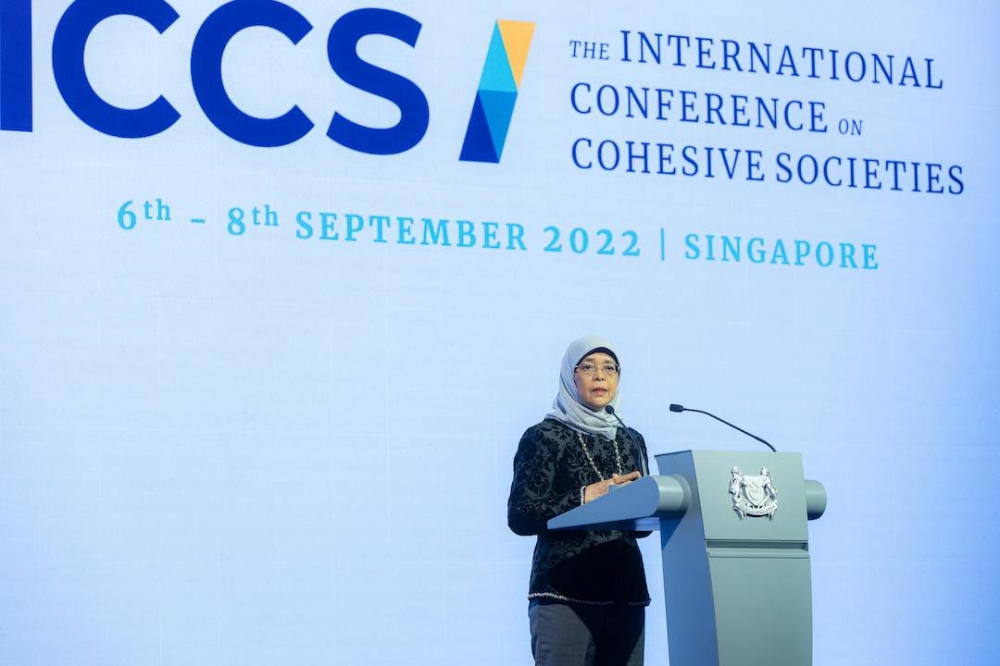
The first plenary session today involved several faith leaders sharing their thoughts on how religions can bridge divides, including Lord John Alderdice, the First Speaker of the Northern Ireland Assembly; Sadhvi Bhagawati Saraswati, the secretary-general of the Global Interfaith Clean Water, Sanitation & Hygiene Alliance; Imam Uzair Akbar from the Holland Park Mosque in Australia; and Venerable Shi You Guang, the abbot and president of Samantabhadra Vihara.
Starting tomorrow, two more plenary sessions will be held on harnessing diversity for the common good and leveraging technology to foster trust, in addition to several breakout sessions on the topics of cohesion, faith and identity.
Also running concurrently is the Young Leaders Programme involving youth leaders from across countries working on the issues, and community explorations to various houses of worship in Singapore.
ICCS is organised by the S. Rajaratnam School of International Studies (RSIS) and supported by Singapore’s Ministry of Culture, Community and Youth.
RSIS is a think tank and professional graduate school of international affairs at the Nanyang Technological University, Singapore.
Among others, its research focus include Asia-Pacific security, conflict and terrorism.
It had earlier today launched a report titled “Southeast Asian Social Cohesion Radar”, exploring the factors behind social harmony and unity across countries in the region.




